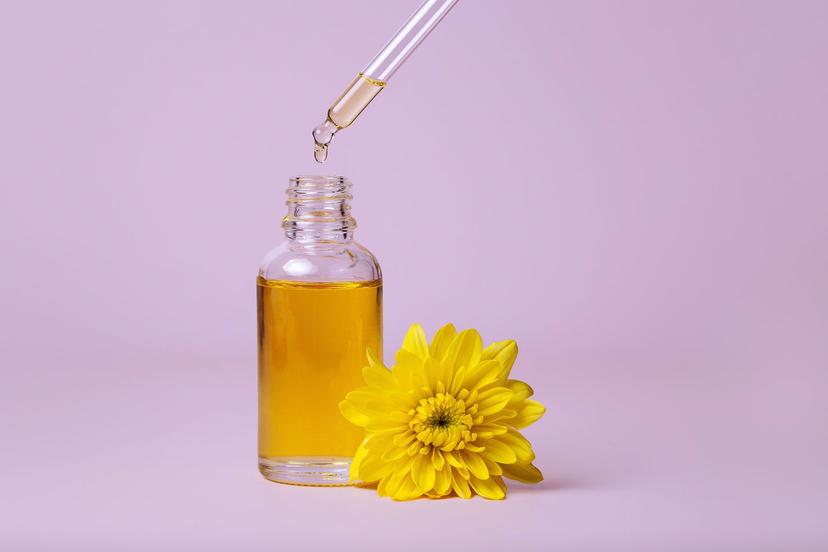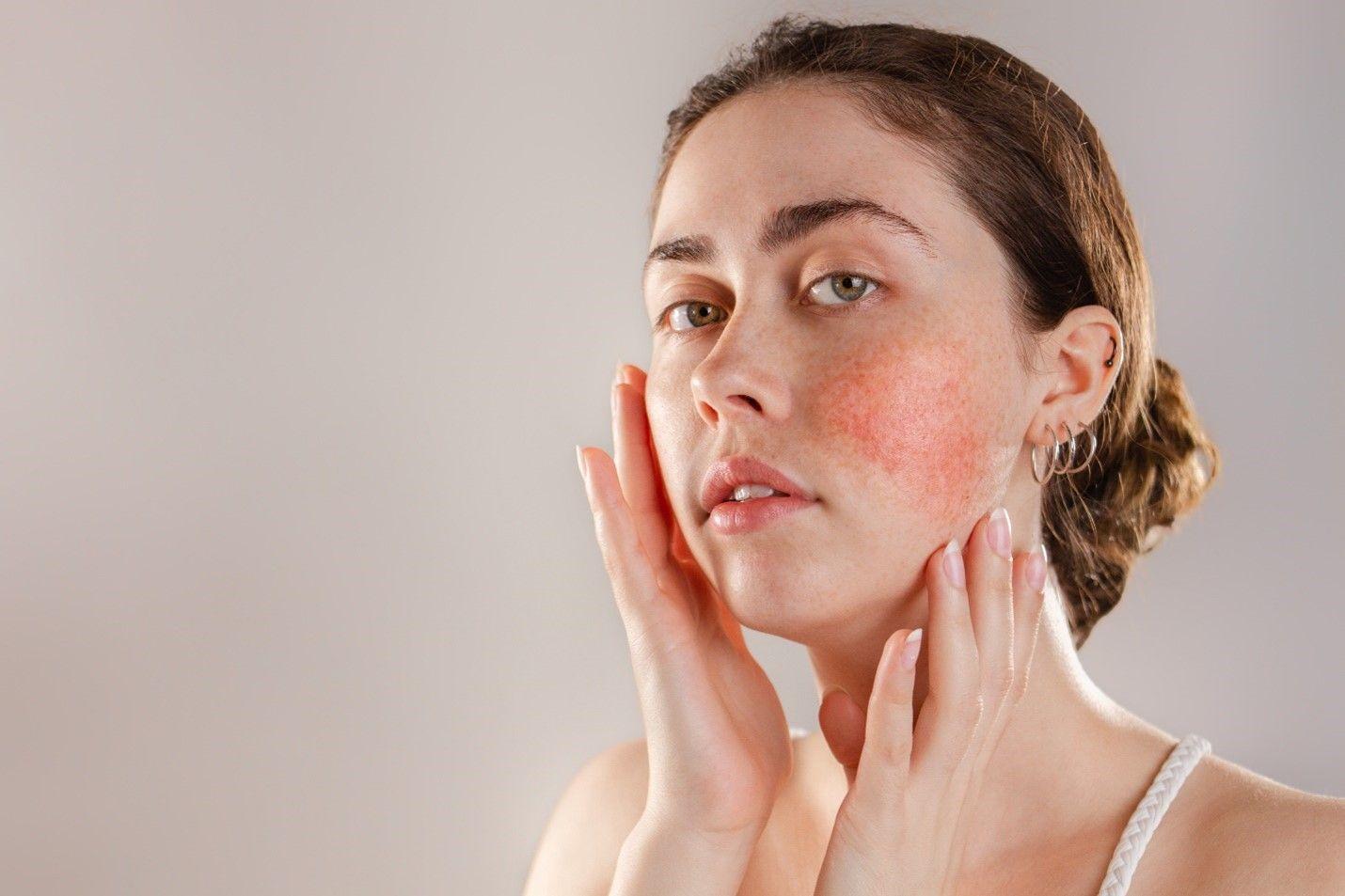MakeO blog
You may have been confusing fungal acne for a type of acne. Since the name contains the term ‘acne’ it can be misleading. However, fungal acne is a very different skin condition with different causes and treatments! Think you might have fungal acne or want to know more about the ways to treat it? Read on to find out more.
What is Fungal Acne
Fungal acne is a skin condition called pityrosporum folliculitis. Unlike acne, which is caused by the clogging of pores by excess oil and dead skin cells, fungal acne is caused when there is an infection in the hair follicles. This inflection causes bumps which may look like pimples but they are not acne pimples!
Fungal Acne Symptoms
If you feel like you have acne that has been persistent for several months, you might be dealing with fungal acne. Some fungal acne symptoms to look out for are
- Extremely itchy skin
- A group of red bumps
- Irritated or inflamed hair follicles
- Bumps that have not been treated by acne treatment
- Spots appear on body parts like the neck, back, shoulders
- Spots appearing on different parts of the face
Fungal Acne Causes
Fungal acne occurs when hair follicles are infected and inflamed. Whiteheads and red bumps are formed on the face, neck, back and shoulders and the major fungal acne causes are an overproduction of oil or sebum and sweating. Fungal acne is even referred to as a yeast infection on the skin and can be very persistent if not treated.
Here are the main fungal acne causes:
- Sweat
- Exercise
- Wearing tight clothing
- Wearing uncomfortable clothing which doesn't allow the skin to breathe
How to Prevent Fungal Acne
For fungal acne, you must visit a dermatologist to understand how to treat it. However, there are some precautions you can take to prevent fungal acne from occurring or becoming worse. They are listed below:
- Avoiding tight or uncomfortable clothes and choose soft and loose clothes instead
- Changing your sweaty clothes immediately after a workout
- Having a bath after every workout to remove the sweat from your body
- Refraining from repeatedly scratching on the bumps as that could spread the infection and make things worse
- Follow a balanced diet to regulate your oil-production
- Use a dandruff shampoo to clean the scalp regularly and a high-quality body wash to remove germs and bacteria effectively
- Wearing clean and fresh clothes at all times
Treatment for Fungal Acne
Since many people know more about acne treatments, you may have started off with anti-acne medications or skin products. These will not affect fungal acne so you will need a different approach. Here are a few treatments for fungal acne that you can try:
Anti-fungal medication
Generally, fungal acne can be treated with antifungal pills or creams. You can visit your dermatologist to get an anti-fungal cream and recheck if it really is fungal acne too. Some common antifungal medications for fungal acne are itraconazole, fluconazole, ketoconazole and terbinafine.
Treat Acne at skinnsi by makeO
makeO skin(formely skinnsi) is a skin makOver brand which offers several skin services for the overall enhancement of your body. From laser hair reduction treatments to derma facials, we have a selection of skin services that can give your skin a complete transformation. We also offer dermatologist-backed and highly effective acne treatments like chemical peels and scar reduction along with oil control facials too. You can choose from our best services and even book a virtual appointment with our experts to understand your skin better and choose your treatment accordingly.
FAQs
How do I get rid of fungal acne?
You can get rid of fungal acne by:
- Keeping your body clean and showering regularly
- Wearing loose and airy clothes
- Using an antifungal cream or pills
How do I know if my acne is fungal?
If your acne does not go after acne medication or creams and if your bumps are itchy, then you have fungal acne.
What triggers fungal acne?
Sweat and excess oil and yeast can cause inflammation or infection in the hair follicles which then results in bumps on the skin.
Does fungal acne eventually go away?
Unlike some types of acne, fungal acne does not go away on its own and requires treatment. If you feel like your acne has not gone in months, visit a dermatologist and make sure to get anti-fungal medication.
What kills fungal acne naturally?
Known for its anti-bacterial and anti-inflammatory properties, tea tree oil is perfect for killing fungal acne in a natural way.
related categories
Related articles
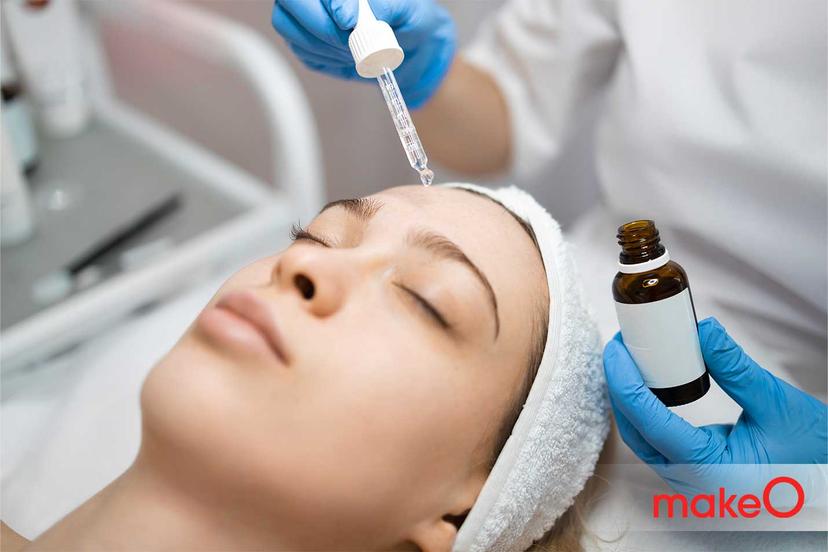
Anti-Ageing Face Oils: Unveiling the 10 Best Facial Oils for Youthful Skin
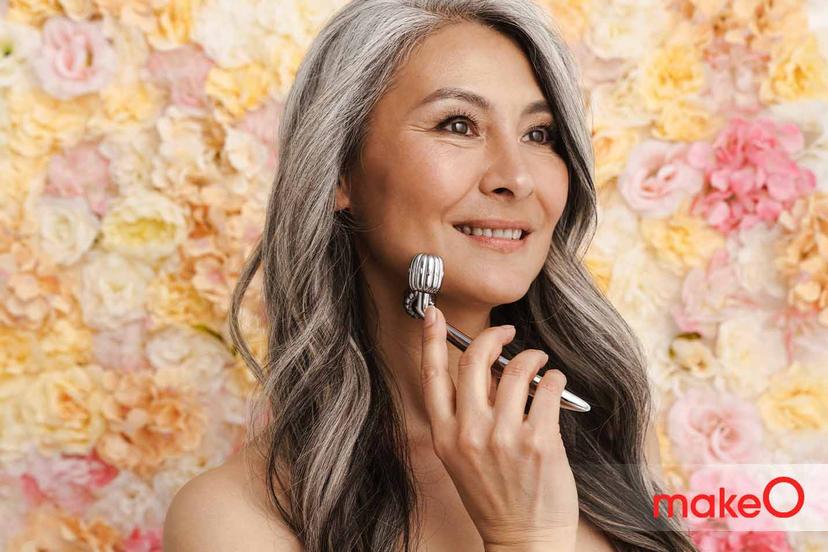
5 Common Mistakes to Avoid When Using a Face Roller

Is Aloe vera effective for acne? Find out
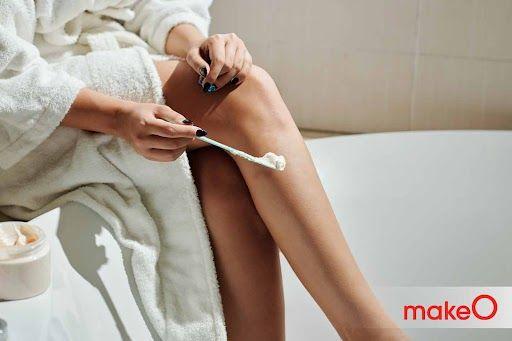
5 Side Effects of Hair Removal Creams That You Must Know
